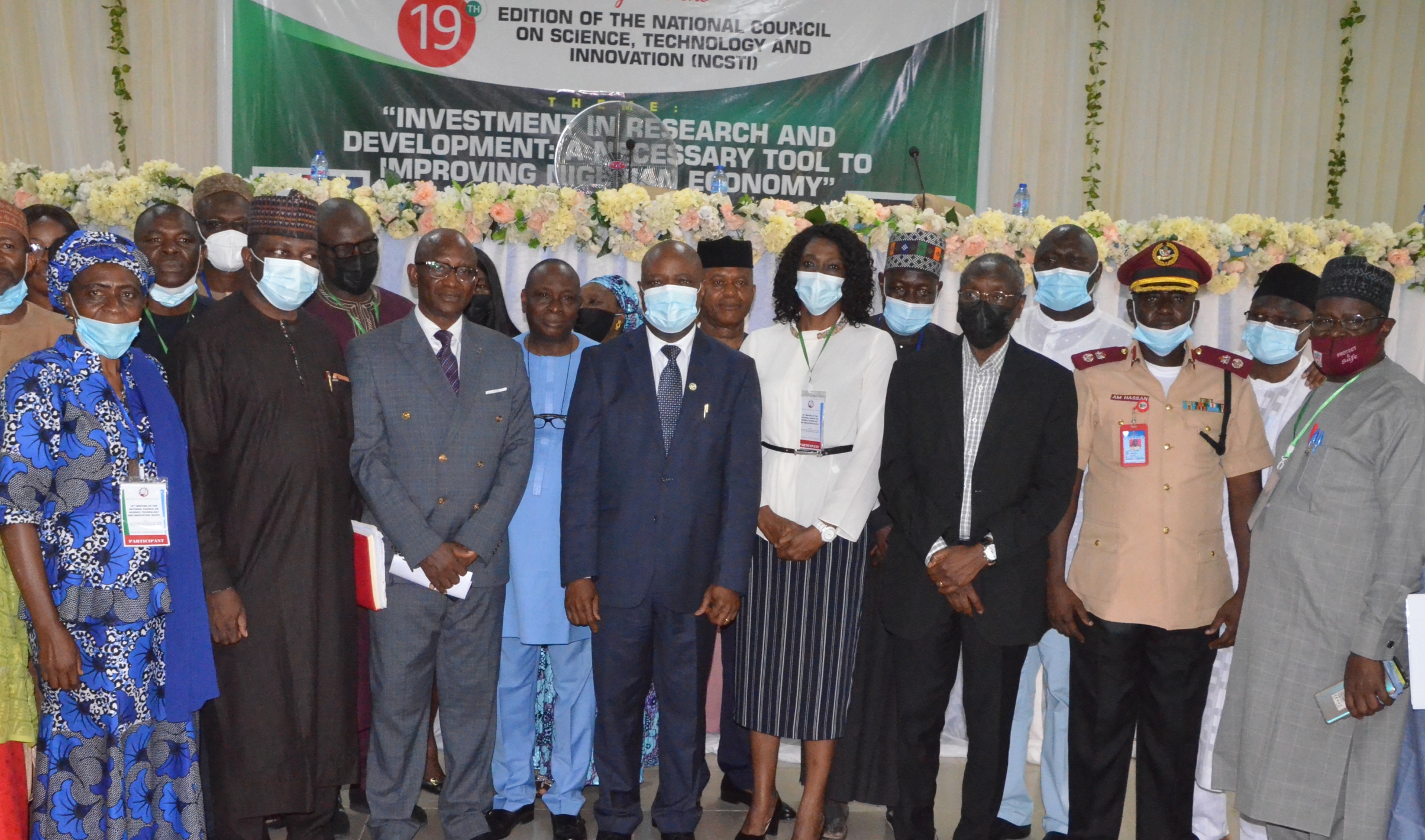Business
Immigration Decries Poor Power Supply By EKEDC

The Controller of the Nigeria Immigration Service, Passport Office, Ikoyi, Lagos, Deputy Comptroller Ibrahim Liman, has raised concerns over incessant power outage caused by the management of Eko Electricity Distribution Company (EKEDC).
He said the situation poses serious threat to passport issuance to Nigerians.
The immigration boss raised the concern during a brief award ceremony held in his honour to mark his 100 days in office at the Ikoyi Command.
Liman who bagged the award of the most outstanding officer of the Nigeria Immigration Service for the year 2021 from Daily Focus Nigeria, maintained that the daily operational activities of passport personnel suffered setbacks due to poor power supply by the distribution company.
According to him, the command, before now, was sharing the same power lines with the Dodan Barracks which has regular power supply, but noted that for the past three months, the distribution company has disconnected the command from the line that supplies power to the Dodan Barracks.
Liman lamented that due to the pressure imposed by high demand for passport, some staff now spend additional days in the office without visiting their families in a bid to meet the yearnings of Nigerians.
He pointed out that the command now relied heavily on generator to function effectively, noting however, that the cost of fuelling it on daily basis was having negative implications on the service.
He called on the EKEDC to reconnect the command to the Dodan Barrack lines to enable it enjoy regular power supply.
Liman dedicated the award to officers and men of the command and stressed the need for dedication, hard work and team spirit.
He also assured the media and prospective passport owners of an open door policy.
Earlier, the Editor, Daily Focus Nigeria, Comrade Roland Ekama, said that a survey was conducted in some of the service commands across the country on the issuance of passports to citizens and found the Ikoyi Command to be most outstanding.
Efforts to speak with the General Manager, Corporate Communication, EKEDC, Mr. Godwin Idemudia, have proved abortive as at the time of filing this report.
By: NkpemenyieMcdominic, Lagos
Transport
Automated Points Concession : FAAN Workers Gave 72hrs To Revise Decisions In PH

Transport
FAAN Announces Pick-Up Points for Go-Cashless Cards

Business
Fidelity Bank To Empower Women With Sustainable Entrepreneurship Skills, HAP2.0
-
Politics2 days ago
2027: NIGERIANS FAULT INEC ON DIGITAL MEMBERSHIP REGISTER DIRECTIVE
-

 Environment3 days ago
Environment3 days agoLAWMA Director Says Sweeping Reforms Have Improved Waste Collection
-
Politics2 days ago
LP Crisis: Ex-NWC Member Dumps Dumps Abure Faction
-

 Politics2 days ago
Politics2 days agoUmahi Dismisses Allegations On Social Media, Insists On Projects Delivery
-

 Sports3 days ago
Sports3 days agoAbia Not Sure To Secure continental Ticket
-
Sports2 days ago
La Liga: Yamal Records First Career Hat-trick
-

 Sports2 days ago
Sports2 days agoCity Survive Leeds’ Challenge At Elland Road
-
Politics2 days ago
NATASHA ELECTRIC VEHICLES INITIATIVE IN KOGI CENTRAL

